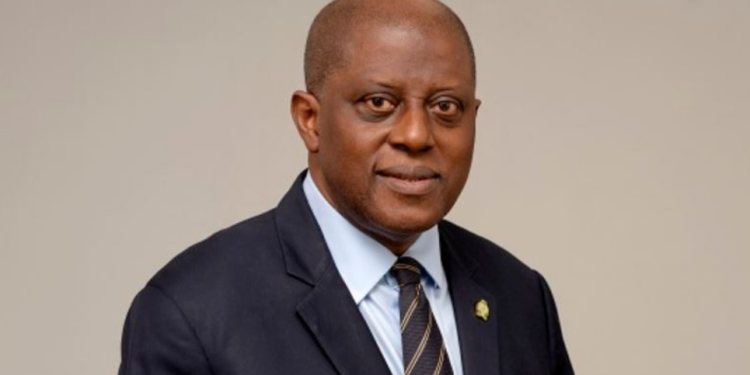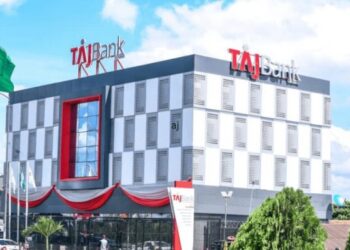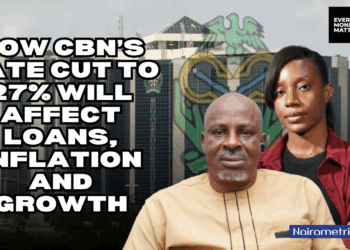Nigeria is contemplating the issuance of a diaspora bond in the United States next year, aiming to secure monthly remittance inflows of $1 billion, according to Central Bank Governor Olayemi Cardoso.
In an interview conducted during the International Monetary Fund (IMF) and World Bank meetings in Washington, D.C., Cardoso highlighted the growing investment appetite among Nigerians living abroad, who have doubled their remittance contributions since the current administration initiated significant reforms last year.
The proposed diaspora bond, which would target the United States—home to the largest population of overseas Nigerians—could emerge as a crucial financial instrument for the Nigerian government.
“They are eager to invest beyond just financially,” Cardoso remarked, noting that the current competitive and depreciated value of the naira has made local assets and businesses more attractive to diaspora investors.
Some context
Since taking office last year, President Bola Tinubu has faced multiple economic challenges, including a substantial backlog of foreign exchange payments and soaring fuel subsidy costs.
- His administration’s tight controls on the naira have further complicated the investment landscape. Appointed in September 2023, Cardoso succeeded former Governor Godwin Emefiele, who is currently facing legal issues related to allegations of fraud and corruption.
- Cardoso expressed optimism about the impact of the bank’s reform measures on restoring investor confidence. The naira has lost approximately 75% of its value since Tinubu’s inauguration, while fuel prices have increased fivefold. Despite these difficulties, remittance flows have surged from $250 million per month earlier this year to $600 million in September, with authorities now aiming to achieve the ambitious $1 billion target. “I would be surprised if we are not there by this time next year,” Cardoso stated.
- With Nigeria’s foreign reserves surpassing $40 billion, Cardoso suggested that the weak naira might provide an opportunity to diversify the economy away from its historical dependence on oil. “Now that our currency is relatively competitive, there should be opportunities for those who have relied heavily on imports to enhance productive activities that have long eluded us,” he noted.
The Central Bank intends to remain vigilant in monitoring inflation and will allow economic indicators to guide interest rate decisions. Cardoso emphasized the importance of policy consistency in attracting long-term foreign investment, acknowledging that investors are still in the process of assessing the evolving economic environment. “Only time can show that you can stay the course,” he remarked.
Engagements with investors, rating agencies, and the diaspora have yielded a sense of validation for the government’s reform agenda. Cardoso underscored the necessity for Nigerians at home, who have borne the brunt of these changes, to understand that the country is on a promising path forward.


























